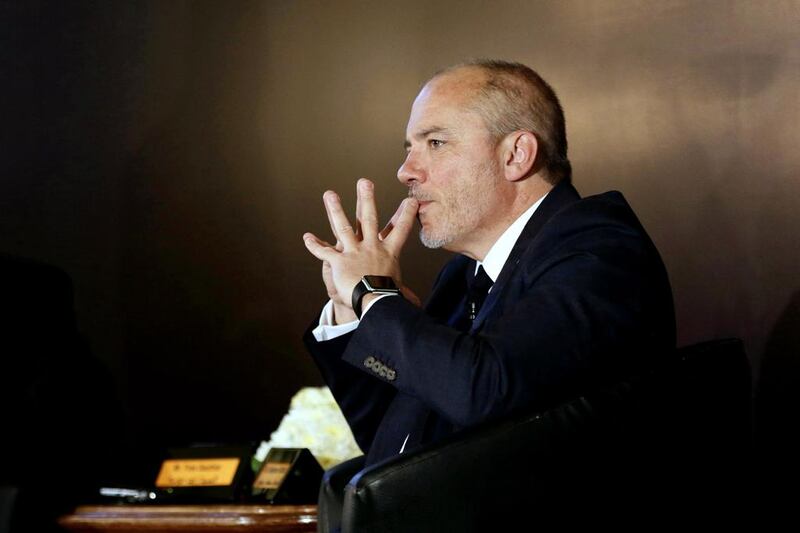With negotiations between the Palestinians and Israelis stalled, and tension on the ground rising, increasing attention is being paid to potential ways for outside parties to help leverage a peaceful settlement to the decades-old Middle East dispute. Many of those wanting to force Israel into meaningful talks have been particularly drawn to the boycott, divestment and sanctions (BDS) movement. The BDS theory is that only global pressure – from other countries, businesses and individuals – will bring about change in Israel, as it did in South Africa under the apartheid regime.
This past week has seen several developments. These include a vote by Britain’s National Union of Students allying itself with the aims of BDS and, significantly, a declaration from the French telecommunications giant Orange that it wants to end ties with the Israeli mobile-phone operator, Partner, as soon as possible. Orange chief executive Stephane Richard told a media conference in Egypt on Wednesday that it would take some time to withdraw from its legal ties to Partner, which operates in Jewish settlements in the occupied West Bank, but it would definitely do so. It was a powerful statement of intent from one of Europe’s biggest companies.
On the other side of the divide, American billionaire Sheldon Adelson has hastily convened an “anti-BDS summit”, which is to be held in Las Vegas this weekend. It has also been reported that an unknown group has set up a website that identifies and attempts to “shame” pro-Palestinian college students in a bid to deter potential employers from hiring them. All of this indicates that the powerful pro-Israel lobby in the US – and in Israel itself – is taking the boycott movement seriously, and that the threat of sanctions is starting to bite.
Clearly BDS has become something more than just an irritation for Israel’s prime minister, Benjamin Netanyahu, who this week reiterated that the movement was “anti-Semitic”. Despite endless rounds of talks, Israel steadfastly refuses to make meaningful concessions or offer a way forward. But BDS is gaining support among young people and in business and political circles because it offers hope of a Middle East settlement through non-violent means and the possibility of bringing about positive change for Palestine’s long-suffering people.





